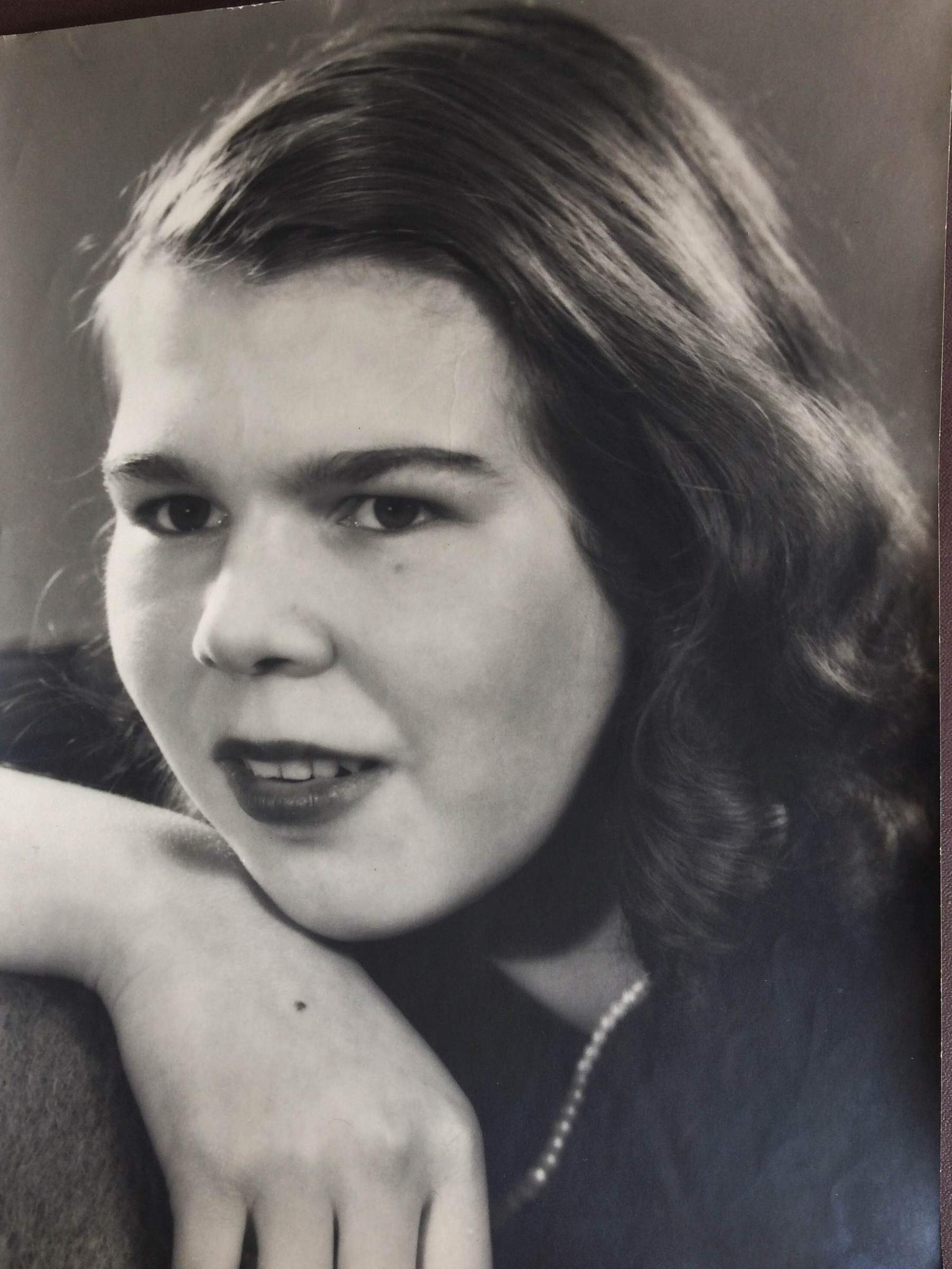I knew I could not fill in my family name Roubíček

Stáhnout obrázek
Erika Hrochová, née Bichlerová, was born on January 15, 1928 in Austrian Salzburg as a single child of her parents. The father was Austrian and the mother a Czech Jew. Her childhood and the first school years she spent in Austrian countryside near Salzburg. In 1936, after her mother´s death, she was put in care of mother´s sisters. She moved to Prague, where she received all care and family support and background. She continued her education and studies at German elementary school and since 1939 studied German gymnasium, where she renamed her Jewish ancestors in a form she filled in, in order not to be expelled from school. In 1940 her father died. In 1941-1942 ten members of the family were deported to Theresienstadt and then some of them to concentration camps Auschwitz and Trawniki, where seven of them died. Two of them were hiding from deportation. Her caring aunt avoided deportation by so called treuhänder, a German company administrator of the husband´s employer. After war the witness apply for exemption at the Ministry of Education and gained a permission to continue studies at the church gymnasium of the St. Voršila in Ostrovní street, where she successfully graduated in 1947. Then she went on to four-year studies of the High School of Commerce finished in 1952 by unpleasant delays the second state exam due to political reasons. Straight after school she began her first employment, married a year later and started a family.











